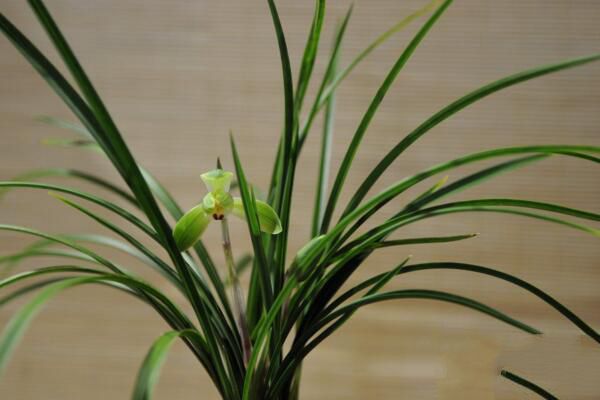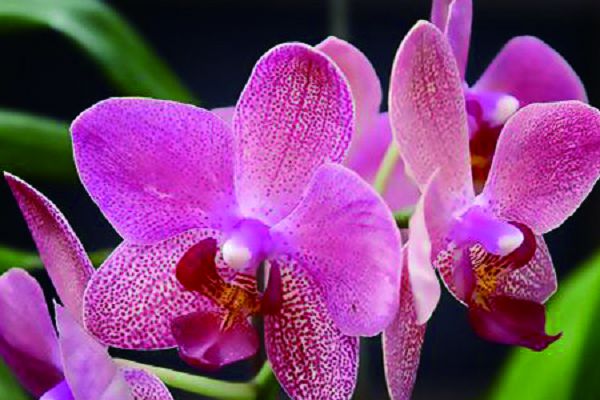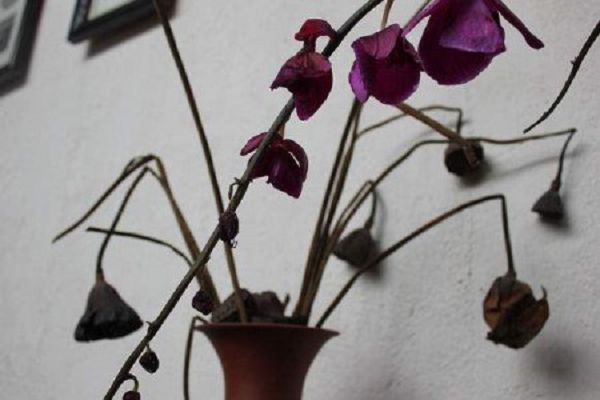Incidence regularity and control methods of leaf blight of potted orchids

The pathogen of leaf blight is Phytophthora, which can harm different parts of orchid leaves. Light brown spots will appear in the early stage of leaf tip damage, and dark brown spots will become dark brown in the later stage, and the leaf tips will die after the disease spots connect. The middle part of the leaf was damaged, the lesion area was large, round or oval, the center was dark brown, and when serious, the whole leaf withered and died. Therefore, today the editor will talk about the incidence law and control methods of potted orchid leaf blight, hoping to be helpful to everyone.
First, the law of the disease
The pathogen of leaf blight overwintered as mycelium or conidia in the diseased tissue, and the disease was the most serious when high temperature and high humidity occurred after the cold snap. The pathogen invaded from the leaf wound or natural orifice with the help of wind, rain and water droplets and spread around. The disease harmed the old leaves from April to May and the new leaves from July to August.
II. Prevention and control methods
1. Strengthen prevention work and pay attention to avoid cold spell and torrential rain.
Orchid leaf blight occurs most seriously when high temperature and high humidity occur after the cold spell, so in late spring, we should pay attention to the weather forecast at any time, and in the event of extreme weather, corresponding measures should be taken to avoid cold current and rainstorm.
2. At the initial stage of the disease, isolation should be made in time, and centralized spraying should be used for prevention and treatment.
When it is found that there are small light brown spots on the leaves of orchid plants, the diseased and disabled tissues should be removed and burned in time to prevent the bacteria from infecting again. Take isolation measures for the diseased orchid plants and spray them centrally, generally every 7-10 days. The control agents can be 1000-1500 times the solution of 50% prochloraz manganese salt wettable powder, 1500 times the solution of 25% prochloraz EC, 3000 times the solution of difenoconazole water dispersible granules and 1500 times the solution of 25% propiconazole EC.
Related
- Is the orchid suitable for indoor use? Is it good for the body?
- How to prevent the empty root of orchids?
- What to do after the crab claw orchid is withered?
- Why are the leaves of orchids always yellow? Fertilizing and watering.
- Can the root of the gentleman orchid be saved if it is rotten?
- Diagnosis and treatment of cotton-blowing beetle insects in Cymbidium
- There is a way for a gentleman's orchid to rot.
- What is the most suitable temperature and humidity for the orchid?
- How to raise a gentleman's orchid? Cultivation techniques of Cymbidium
- How to prepare the nutritive soil for the cultivation of Cymbidium



